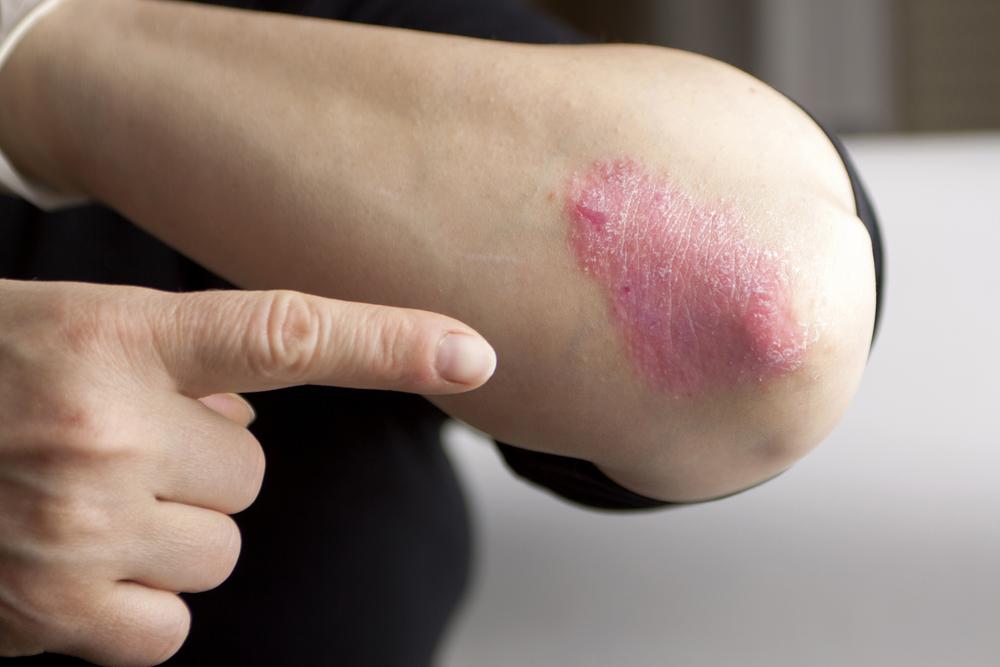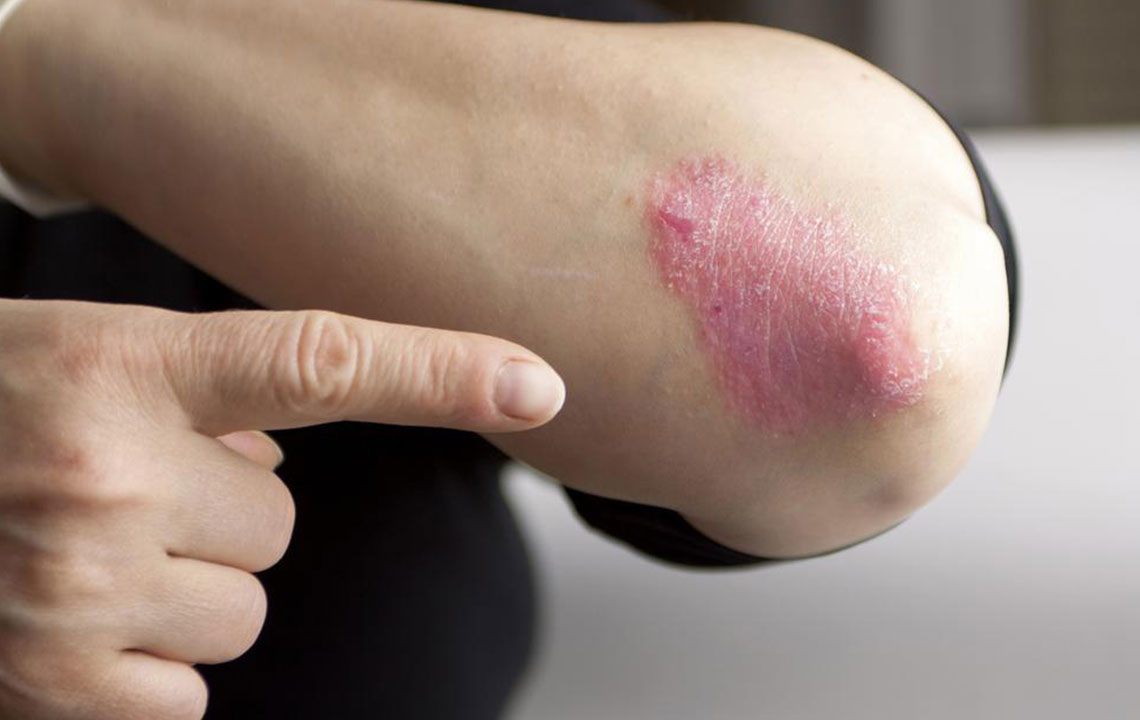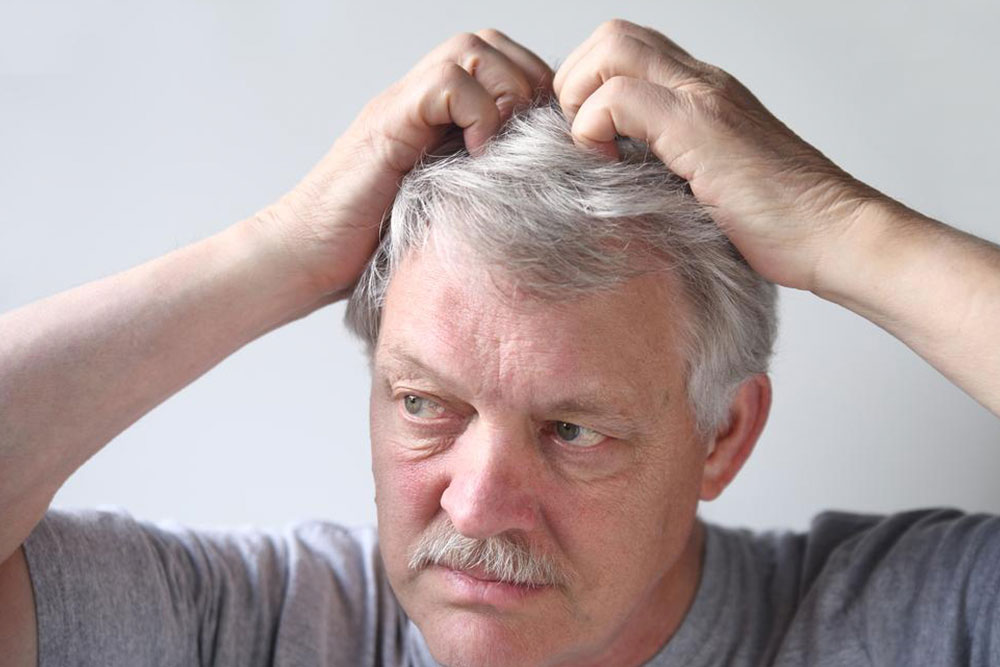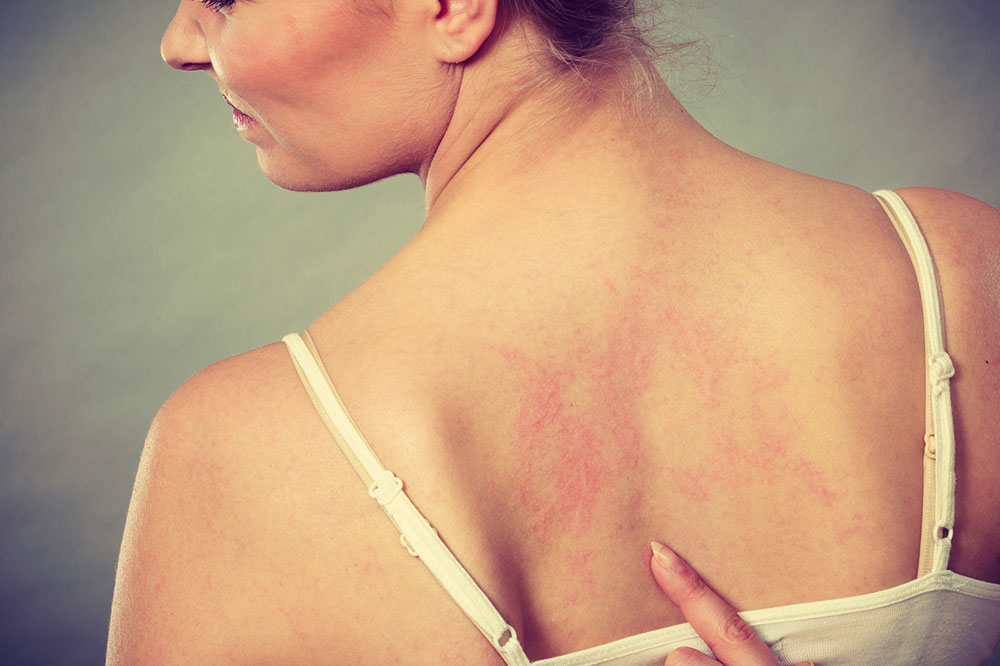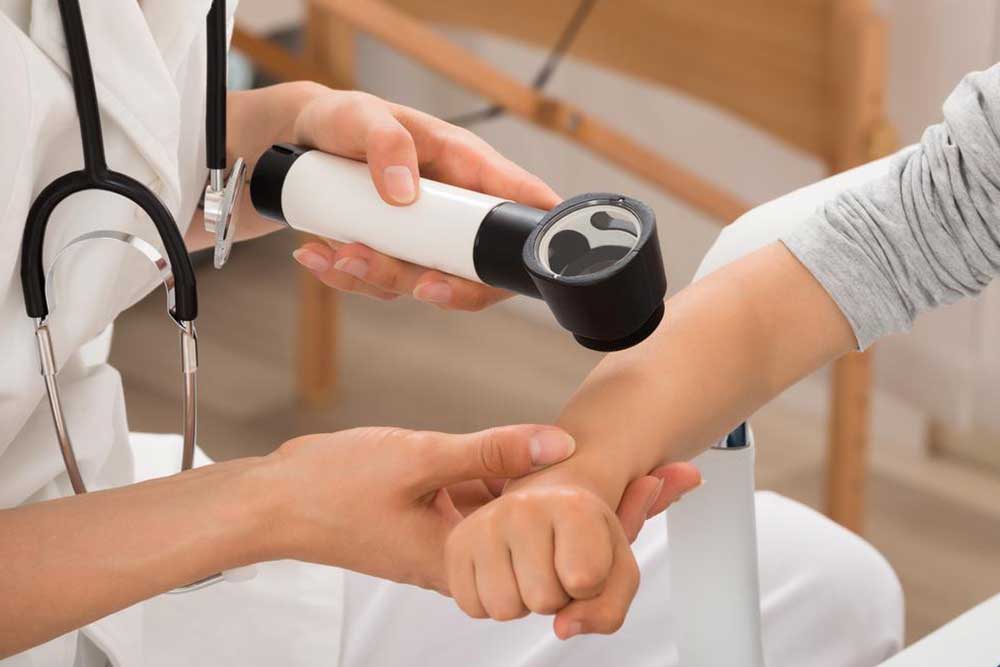Comprehensive Guide to Understanding and Managing Psoriasis
This detailed guide provides essential insights into psoriasis, including its types, symptoms, causes, and treatment options. It explains how the condition can affect various skin areas and highlights the importance of tailored care and professional consultation. Although incurable, psoriasis management through topical treatments, systemic drugs, and light therapy can significantly improve quality of life. The article emphasizes the non-contagious nature of psoriasis and offers practical advice for those affected or seeking more information on this chronic skin condition.
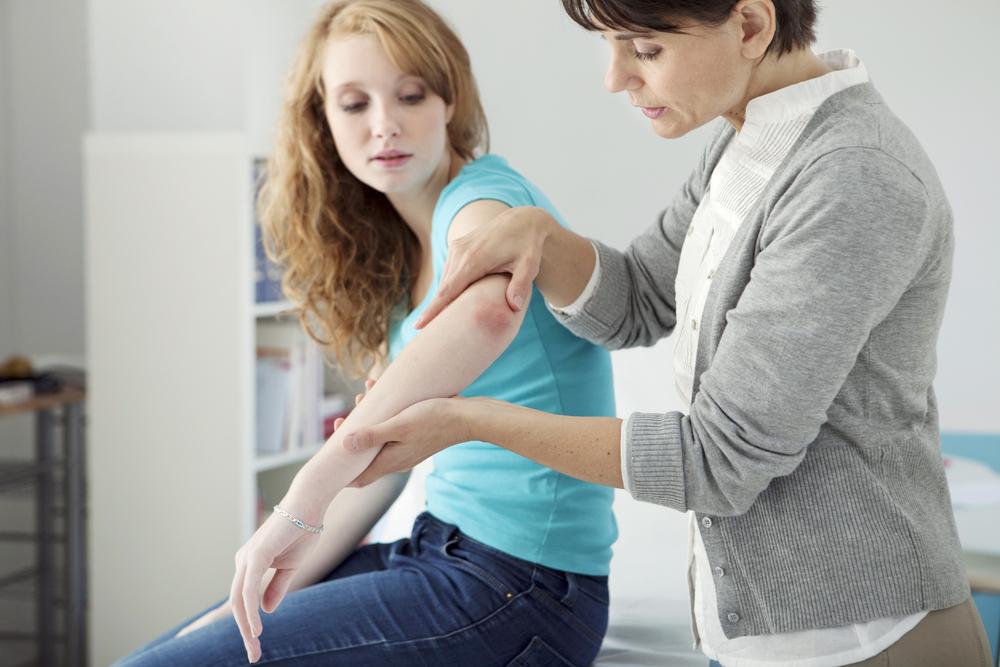
A Complete Overview of Psoriasis
Psoriasis is a chronic autoimmune condition characterized by the development of raised, red, and scaly skin patches. It manifests in five main types: plaque, guttate, inverse, pustular, and erythrodermic psoriasis. The severity ranges from small spots to extensive coverage across the body. Commonly, it causes itching, burning, and stinging sensations. Psoriasis can occur on various body parts, including eyelids, ears, mouth, skin folds, hands, feet, and nails, each requiring tailored treatments.
Scalp: Psoriasis on the scalp can be mild with fine scaling or severe with thick, crusted plaques extending beyond the hairline.
Face: Typically affects areas like eyebrows, between the nose and upper lip, forehead, and hairline.
Hands, feet, and nails: Proper care is essential for skin on hands and feet. Nail changes are common in about half of psoriasis patients and in most with psoriatic arthritis.
Genitals: Inverse psoriasis is common, especially in men, requiring careful treatment and medication.
Causes of Psoriasis: While the exact cause remains unknown, immune response and genetics are believed to play vital roles. Stress and triggers can induce flare-ups. Skin cells in psoriasis grow abnormally fast, leading to lesion formation. It affects men and women equally, usually developing between ages 15-35, though it can appear at any age. Psoriasis is not contagious or infectious.
Symptoms: Common signs include red patches with silvery scales, small spots in children, dry, cracked skin, burning or itching sensations, thickened or ridged nails, and joint stiffness. Diagnosis involves clinical examination; there are no specific blood tests. Consult a healthcare professional if symptoms impact daily activities or cause joint issues.
Treatment Options: Psoriasis is incurable, but various treatments can alleviate symptoms. These include topical ointments, systemic medications, and light therapy. Mild to moderate cases often respond well to topical creams, while severe cases may need oral drugs and phototherapy using UV light. Alternative therapies like special diets, herbal remedies, and supplements can also provide relief.
Disclaimer:
Our blog offers valuable information across many health topics, based on research and data. However, it should not replace professional medical advice. The content may vary from other sources, and users should consult healthcare providers for diagnosis and treatment options. The site does not guarantee the accuracy of all information and may not cover all available schemes or offers.

